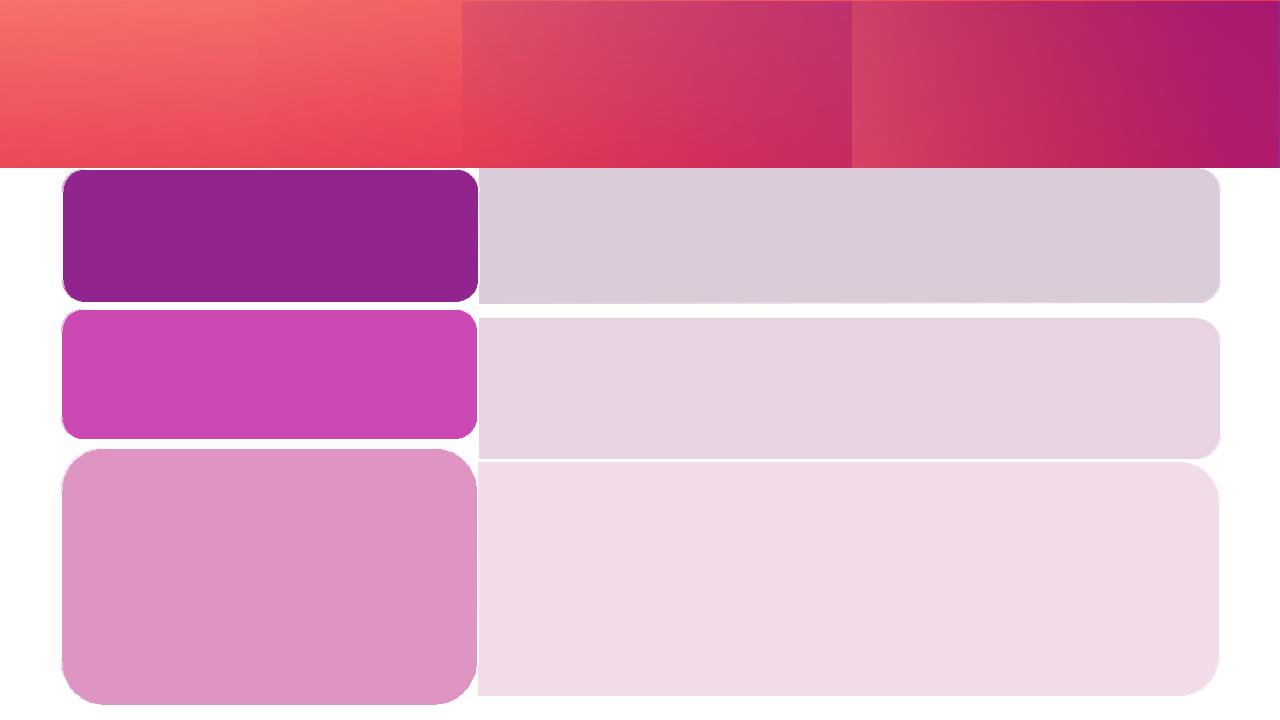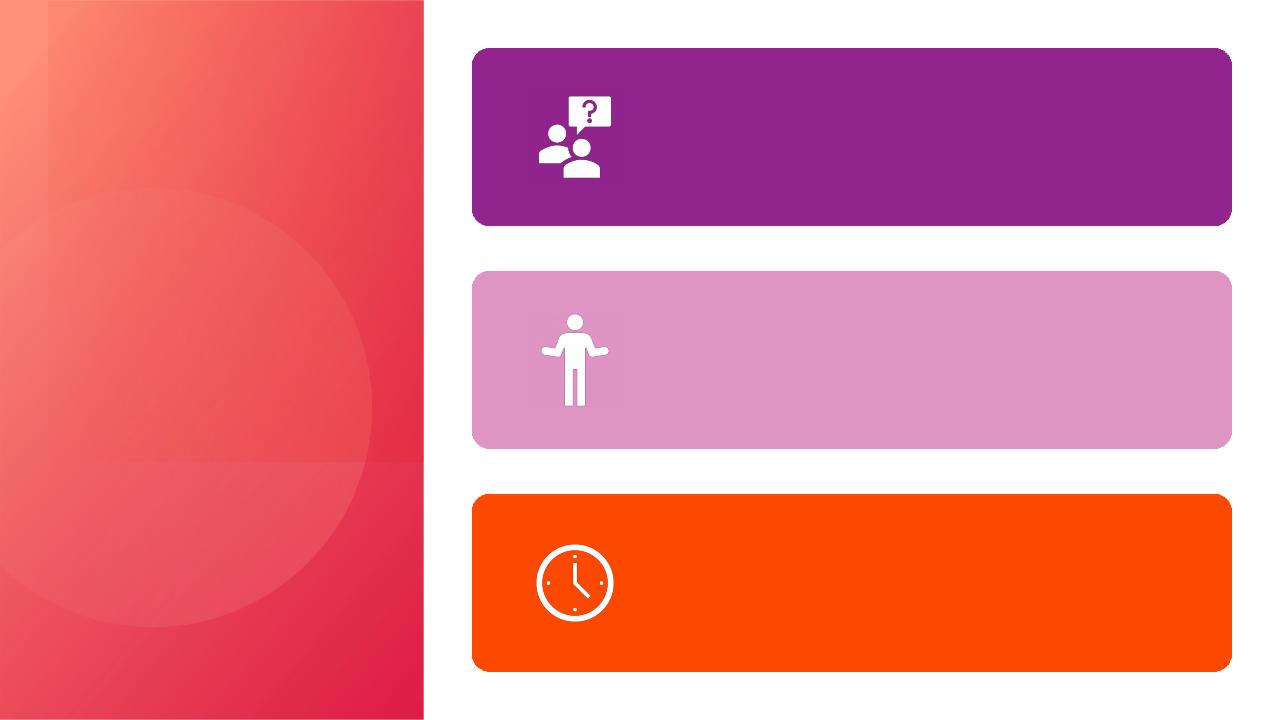
Презентация modal verbs (1)
.pptx
M O D A L V E R B S
B O B K I N A N . A .

T H E V E R B S C A N ,
C O U L D , M AY, M I G H T, M U S T, W I L L , W O U L D , S H A L L ,
S H O U L D A N D O U G H T T O A R E M O D A L V E R B S .

A B I L I T Y ( C A N , C O U L D , B E A B L E T O )
Can is used in the present and future.
Could is the past tense of can
We use be able to to form all other tenses
•= be able to Ability in present
Tom can play the guitar
•Ability in the past( = was/were able to)
•(repeated past action)
I could/ was able to run fast when I was young.
We normally use could with the verbs see, hear,smell, taste, understand,feel, guess and remember.
• Will be able to -Ability in future
• When you graduate, you will be able to get a gob
• (but we use can when we decide now about something we will do in the near future)
• Was\were able to = managed to do - ability in the past (single past action)
We use was\were able to to show that someone had the ability to do something in a particular situation in the past
Although it was dark, he was able to find his way.

O B L I G A T I O N / D U T Y / N E C E S S I T Y ( M U S T / H A V E
T O / S H O U L D / O U G H T / N E E D )
• Must = it is your duty/ you are obliged to do smth
You must listen to your teacher
• Have to = it is necessary to do smth
We have to be at the airport at 9 o’clock.
(We use must when the speaker decides that something is necessary. We use have to when somebody else other then speaker has made the decision)
• Must and have to have different meanings in questions
Must I tydy my room?(Do you insist that I study my room?)
Do I have to tidy my room?(Is it necessary for me to tidy my room?)
Have got to has the same meaning as have to and is often used in everyday speech. – I have got to phone Mum tonight.

O B L I G A T I O N / D U T Y / N E C E S S I T Y ( M U S T / H A V E
T O / S H O U L D / O U G H T / N E E D )
• Should/ought (less emphatic then must) Should and ought express duty
People should take/ ought to take better care the environment
• Need = it is necessary

A B S E N C E O F N E C E S S I T Y ( N E E D N ’ T / D O N ’ T H A V E
T O / D O N ’ Y N E E D T O - D I D N ’ T N E E D T O )
•Needn’t/don’t have to/don’t need to + present infinitive (present or future) = it isn’t necessary to do smth
You needn’t/don’t have to/don’t need to work tonight. ( It isn’t necessary for you to work tonight)
•Didn’t need to/didn’t have to = it was not necessary to do smth
This structure suggests that an action did not happen in the past because we knew then that it was not necessary.
She didn’t need to/ didn’t have to take a taxi . (It wasn’t necessary, so she didn’t.)

P R O H I B I T I O N
( M U S T N ’ T / C A N ’ T )
•Mustn’t/ can’t = it is forbidden to do smth/ you are not allowed to do smth/ it is against the rules/law to do smth
•You mustn’t/can’t drive over 35 mph. (= it’s against the law. You are not allowed to drive over 35 mph)

• Must = I’m sure/ certain that smth is true
Must is used in affirmative sentences and expresses positive logical assumptions.
It is Sunday. He must be at home ( I am sure he is at home)
• Can’t/ couldn’t = I’m sure that smth isn’t true, real, etc.
Can’t and couldn’t are used in negations and expresses negative logical assumptions.
It is Sunday. He can’t/couldn’t be at work. (I am sure he isn’t at work.)
L O G I C A L A S S U M P T I O N S
( M U S T – C A N ’ T / C O U L D N ’ T )

P R O B A B I L I T Y ( S H O U L D / O U G H T )
Should/ Ought = probably
Should and Ought are used to express that something is likely to happen in the present or future.
It’s 10 o’clock. He should be / ought to be at work

• Can + present infinitive = general possibility – it is theoreticaly possible
This structure is used in affirmative sentences to show that something is possible theoretically or in general, that is, when we are not referring to a specific situation.
This road can get very busy (in general, not in a specific situation)
• Could/May/Might + present infinitive = it is possible/it is likely/perhaps It is used to show that something is likely to happen in a specific situation.
The roads could/may/might get very busy tomorrow afternoon because there is a demonstration.
• Could/might + perfect infinitive (refers to the past)
It was possible but it didn’t happen
Yesterday, I left the car unlocked. It could/might/have been stolen, but luckily it wasn’t.
P O S S I B I L I T Y ( C A N - C O U L D / M AY – M I G H T )
